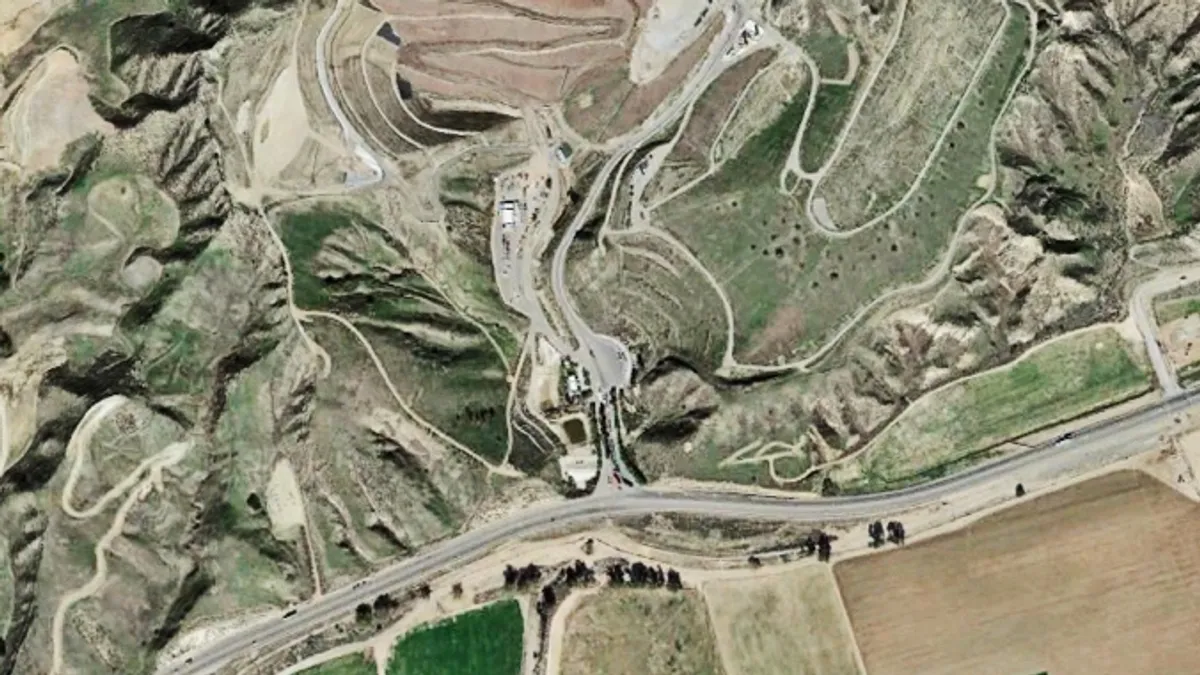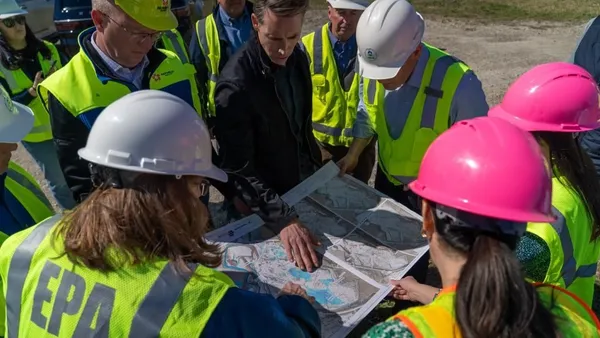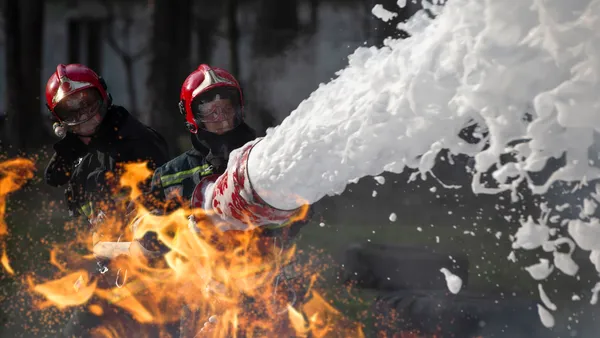Dive Brief:
- Waste Connections has stopped accepting waste at its Chiquita Canyon Landfill in Castaic, California, effective Jan. 1. This sudden move follows years of regulatory and legal actions that the company said affected operations at a site capable of receiving over 7,000 tons per day.
- “Although Chiquita has available airspace, due to the current regulatory environment, maintaining ongoing operations at Chiquita is no longer economically viable,” wrote District Manager Steve Cassulo in a Dec. 31 letter to the landfill’s community advisory committee.
- Los Angeles County Supervisor Kathryn Barger introduced a motion asking county officials to report back on the closure’s logistical and financial implications. This includes a request to consider potential regulations related to “price gouging and anticompetitive practices for solid waste disposal."
Dive Insight:
The landfill’s closure, while foreshadowed in recent months, is a significant development for waste infrastructure in Los Angeles County and beyond. The 639-acre site was the second-largest active landfill in the county. It handled an estimated 34% of in-county disposal volumes during 2023.
Chiquita Canyon has long been the subject of local government scrutiny and community pushback, including for ongoing elevated temperature and odor issues. This resulted in a complex series of legal and regulatory actions over many years, some of which remain ongoing, as detailed by The Santa Clarita Valley Signal.
Last year, the Los Angeles Regional Water Quality Control Board denied a request to open new cells that would have allowed for expansion. Also, the terms of a conditional use permit required it to reduce tonnage by half starting in January. Waste Connections tried to negotiate a more gradual reduction in tonnage, while agreeing to a closure timeline for the site, as part of a 2022 settlement agreement with the county related to this permit.
“In recent months, Chiquita had proposed several options for addressing the tonnage limitations that would prevent Chiquita from maintaining an economically viable operation. Nevertheless, the county was unable to fully implement the settlement agreement or provide a viable alternative to address the severe tonnage restrictions,” wrote Cassulo.
During an October earnings call, CEO Ron Mittelstaedt said the company had made “substantial progress” on managing odor issues and downplayed the latest round of pressure from local officials. An investor presentation at the time noted $75 million in “closure-related outlays” during 2024 for Chiquita Canyon. The site is one of over 100 landfills that Waste Connections reported owning through the end of 2023, including multiple in California.
The company’s Dec. 31 letter noted it will continue working with regulators to address the elevated temperature issue and other requirements.
“As the agency responsible for regional waste planning in Los Angeles County, we will ensure there are no disruptions to trash collection services in our unincorporated communities and will work closely with the City of Santa Clarita to help prevent any disruptions to their services as well,” said L.A. County Public Works Director Mark Pestrella in a statement to local media.
While local jurisdictions are working to scale up organics recycling systems, as required by California’s SB 1383 law, the region still has substantial disposal volumes to manage. The market also has relatively tight disposal capacity, due to last year’s closure of an incinerator in Long Beach and other factors.
Barger’s motion noted that nearby sites, such as Republic Services’ Sunshine Canyon Landfill, are currently operating “near capacity” and warned that Chiquita’s closure could “profoundly alter” the broader region’s disposal landscape as volumes start moving elsewhere.
“Even with combined available daily disposal capacities at the Palmdale, Lancaster, and Simi Valley Landfills, logistical challenges remain significant,” wrote Barger, citing concerns such as increased emissions from truck traffic and higher costs to ratepayers.
Barger’s motion is currently scheduled for discussion at a Jan. 7 meeting of the L.A. County Board of Supervisors.















